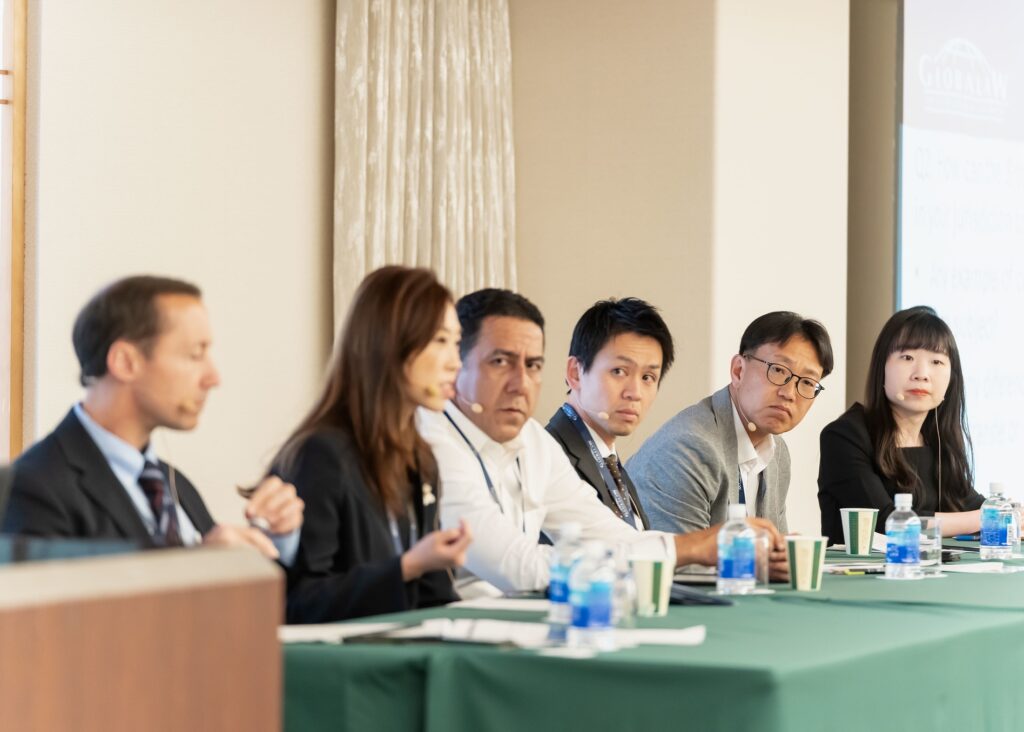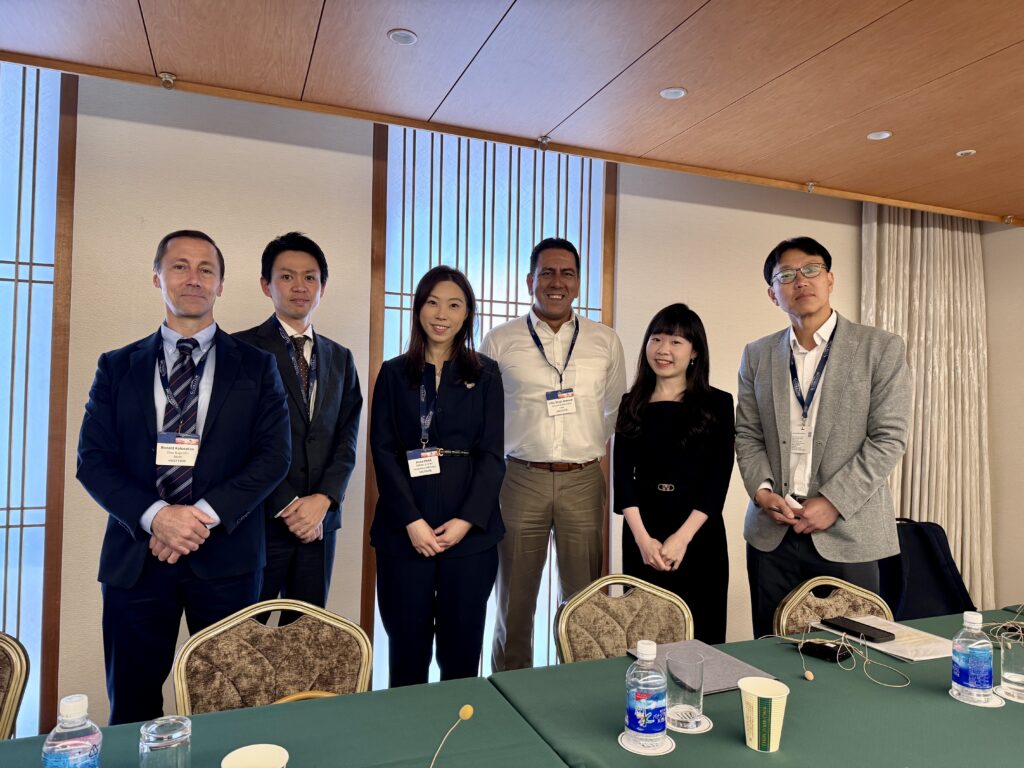Something must have gone wrong before parties commence civil litigation, whether the problem arises from breach of contract, unpaid invoices, or differing interpretations of terms of the contract. As civil litigation is costly, time-consuming, unpredictable, and at times excruciating for the parties’ peace of mind, it is not uncommon for parties to compromise and settle the civil dispute midway in the litigation proceedings.
After years of advising and settling civil disputes, this series hope to shed light on the dos and don’ts for parties when they enter into settlement negotiations, and when they eventually sign and execute the settlement agreement.
However, what are the relevant factors in play in deciding whether settling is the right move?
Two key factors are costs and financial affordability.
Parties may face significant financial strain as legal costs accumulate rapidly. It becomes critical to evaluate expected future legal expenses against available financial resources to determine whether continuing the case is sustainable or if settlement options should be explored.
1. Incurred and Expected Future Legal Costs: counting the Price of Persistence
Litigation could be costly. By the time the litigation has already progressed to the mid-stage, it is certain that parties may have already spent nonnegligible sums for legal costs, filing fees, and fees for expert reports.
The next pertinent question then becomes: how much more legal costs and disbursements will be incurred?
Whilst it must be acknowledged that the length of the litigation process itself is uncertain and unpredictable (as it also depends on the actions taken by the opposing party), it is appropriate to consult your solicitor to give an estimate of the costs exposure going forward, based on certain reasonable assumptions.
For instance, in the midway of the litigation, when the witness statements have already been exchanged and parties have also indicated their estimated length of cross-examining the opponent’s witnesses, it is possible to arrive at the number of trial dates to be set down should leave be given. Based on the number of trial dates, it is possible for the legal costs to be estimated in so far as the trial is concerned.
Armed with the estimated legal costs for the trial, the party could then have a better estimate of the costs that lie ahead. High legal costs could erode the recovery of damages. Weighing incurred and estimated legal costs ensures you’re not throwing good money after bad.
2. Financial Resources: can one afford the fight
Based on the estimated legal costs to be incurred, one could then assess whether one’s financial resources suffice to sustain the upcoming legal costs.
For private clients, draining personal funds may jeopardize daily living expenses or long-term goals like retirement. For businesses, prolonged legal battles could divert valuable financial resources from investment or other more productive activities.
Settlement therefore offers certainty and finality to the dispute, albeit at a lower payout.
Conclusion
In deciding whether to settle a case, incurred and expected costs as well as financial affordability are indispensable considerations to factor. The mounting legal expenses incurred through the process, combined with the litigant’s financial resources, often necessitate a pragmatic evaluation of whether continuing litigation is viable or if settlement offers a more sustainable resolution.
Should you have any enquiries regarding civil litigation and commercial agreements, please contact our firm.
Disclaimer: This article is for reference only. Nothing herein shall be construed as Hong Kong legal advice or any legal advice for that matter to any person. Oldham, Li & Nie shall not be held liable for any loss and/or damage incurred by any person acting as a result of the materials contained in this article.
 香港中環雪厰街二號聖佐治大廈五樓503室
香港中環雪厰街二號聖佐治大廈五樓503室 +852 2868 0696
+852 2868 0696









